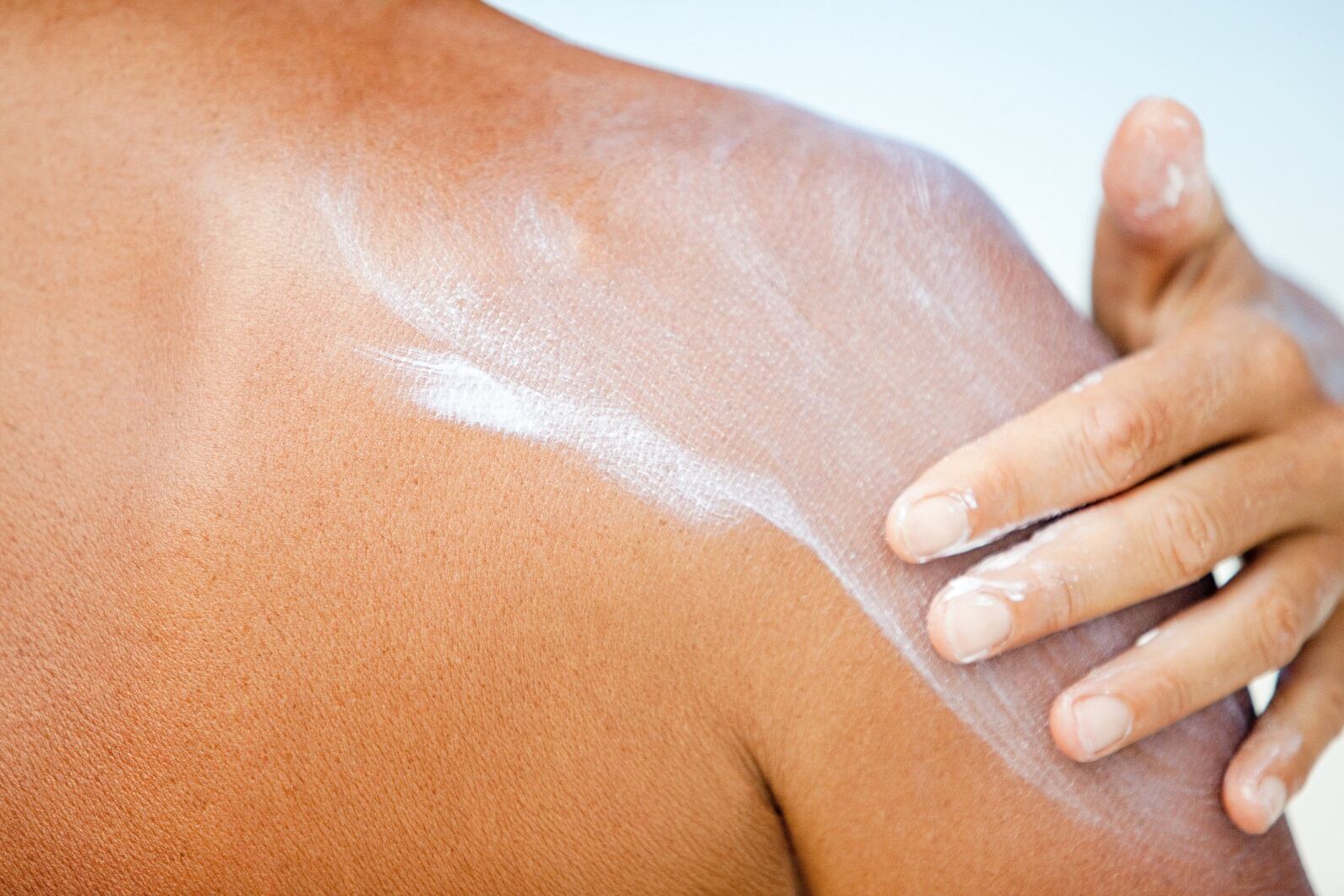The provisions in the proposed order are substantively the same as those described in the FDA’s 2019 proposed rule on sunscreens and are aimed at bringing sunscreens that are marketed without FDA-approved applications up-to-date with the latest science to better ensure consumers have access to safe and effective sunscreen products, stated the Agency in a release.
“Sun safety is important for everyone, regardless of your skin tone. Americans can reduce risks from sun exposure with continued use of sun protection measures including broad spectrum sunscreen with SPF values of at least 15,” said Acting FDA Commissioner Janet Woodcock, M.D.
“[Our new] activities represent a key milestone in our implementation of transformative new authorities related to OTC drugs that will allow us to continue ensuring that sunscreens are safe and effective for frequent, life-long use and provide consumers with the protection they expect from these products. We are committed to using our new authorities to help meaningfully advance innovative, safe and effective options for consumers and secure a robust OTC marketplace.”
CARES
The way sunscreens marketed without approved applications are regulated in the US were reformed and modernized under the 2020 Coronavirus Aid, Relief, and Economic Security (CARES) Act.
The Act establishes a deemed final order for sunscreens, which, along with other requirements established by the CARES Act, sets the current requirements for marketing these OTC sunscreen products.
However, the CARES Act did not change the scientific standards for determining whether a sunscreen may be legally marketed without an approved application. OTC orders establish conditions under which the FDA permits certain OTC drugs to be marketed without approved new drug applications because they are generally recognized as safe and effective (GRASE), so long as they comply with all other applicable requirements.
The deemed final order for sunscreens includes certain requirements about active ingredients from the 1999 final monograph regulation for OTC sunscreen products, which never took effect. It also includes labeling and effectiveness requirements from a final 2011 labeling and effectiveness testing rule.
“Preserving the pre-CARES status quo marketing conditions”
The Agency added that the deemed final order essentially preserves the pre-CARES status quo marketing conditions for these sunscreens, as, before CARES was passed, sunscreens were marketed according to nearly identical terms that were described in an FDA enforcement discretion policy. For this reason, the FDA believes that most sunscreens on the market are in compliance with the deemed final order. This order will remain in effect until the FDA issues another final order revising it.
The CARES Act required the FDA to issue a proposed revised order by Sept. 27, 2021. The FDA has now announced the availability of the proposed order that the Agency is using as a vehicle to efficiently transition its ongoing consideration of the appropriate requirements for OTC sunscreens marketed without approved applications from the previous rulemaking process to this new order process.
The order proposes to update the GRASE status for the 16 active ingredients listed in the deemed final order. It also proposes that dosage forms that are GRASE for use as sunscreens include oils, lotions, creams, gels, butters, pastes, ointments and sticks, and proposes GRASE status for spray sunscreens, subject to testing and labeling requirements.
The order’s proposals related to SPF and broad spectrum are designed to ensure that consumers have access to sunscreens with adequate ultraviolet A rays (UVA) protection, given the growing body of data linking UVA exposure to skin cancers and other harms. The order also proposes updates to how products are labeled to make it easier for consumers to identify key product information.
Comments on the proposed order can be submitted during to the Agency during a 45-day public comment period before FDA issues a revised final order. The Agency is considering all comments timely submitted to the 2019 proposed rule to be constructively submitted to the proposed order, added FDA.
The CARES Act specifies that the effective date for the revised final order cannot be earlier than one year after its issuance.

